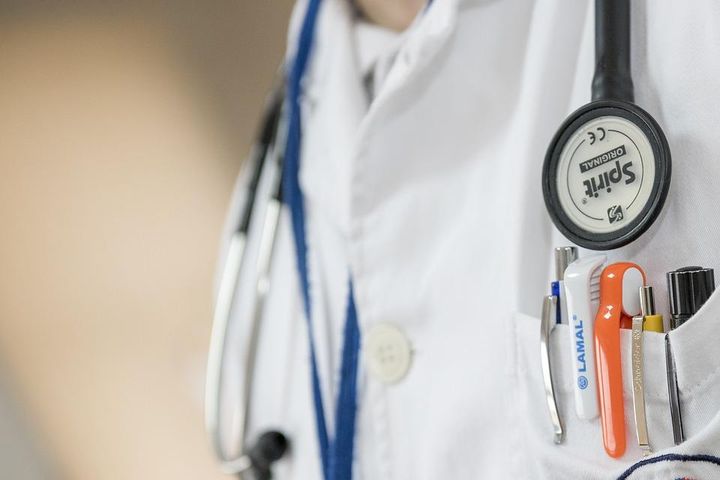What Should You Expect From a Prostate Exam? A Urology Specialist Explains

While it may cause a little anxiety, the prostate exam is incredibly important for men’s health. It’s essential in determining the presence of prostate cancer, which is the leading cause of cancer-related deaths in men over 75. According to Dr. Richard Puschinsky, a urology specialist at Medical Center Urology in High Point, NC, every man over the age of 40 or with a family history of this type of cancer should have one prostate exam performed annually. The earlier you and your doctor are able to detect the presence of prostate cancer, the better the prognosis and your chance of recovery.
But what occurs during a prostrate exam? What should you expect? Let’s learn a little more about this vital procedure:
The Exam
Two tests make up the core of the procedure: the digital rectal exam (DRE) and the PSA blood test. The DRE is an examination of the prostate gland by way of a rectum check for abnormalities. While uncomfortable, it’s usually not painful. In addition to the physical test, a blood screening for prostate-specific antigen (PSA) is performed. The presence of PSA in the blood can be a sign of cancer.
What’s Sought After
 The DRE allows the urology specialist to feel the gland itself to assess the presence of any abnormalities. In addition to finding out if there are any cancerous growths there, this examination might root out a benign enlargement of the prostate, inflammation, or pre-cancerous conditions. Your doctor will also be looking at levels of PSA in the blood, and, if necessary, your urology specialist will perform a biopsy.
The DRE allows the urology specialist to feel the gland itself to assess the presence of any abnormalities. In addition to finding out if there are any cancerous growths there, this examination might root out a benign enlargement of the prostate, inflammation, or pre-cancerous conditions. Your doctor will also be looking at levels of PSA in the blood, and, if necessary, your urology specialist will perform a biopsy.
Undergoing The Test
The DRE procedure is a quick one. It only takes between one and five minutes. While it’s happening, do whatever you can to stay relaxed and remember to breathe. Afterward, the urology specialist will consult with you and let you know what, if anything, they found.
The good news is with timely detection and effective treatment, the long-term survival rate for men with prostate cancer is 90%. Whether it’s time for an examination or you need treatment for other conditions like incontinence or erectile dysfunction, know you’ll be in good hands with the team at Medical Center Urology. Find out more about Dr. Puschinsky and his clinic online or by calling (336) 882-0220.
About the Business
Have a question? Ask the experts!
Send your question

